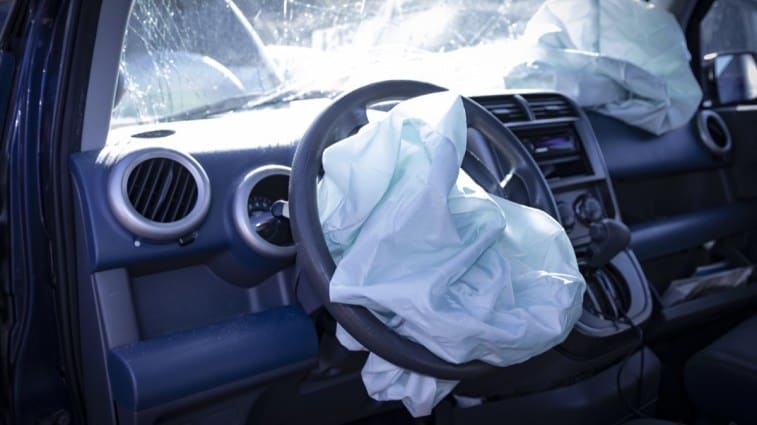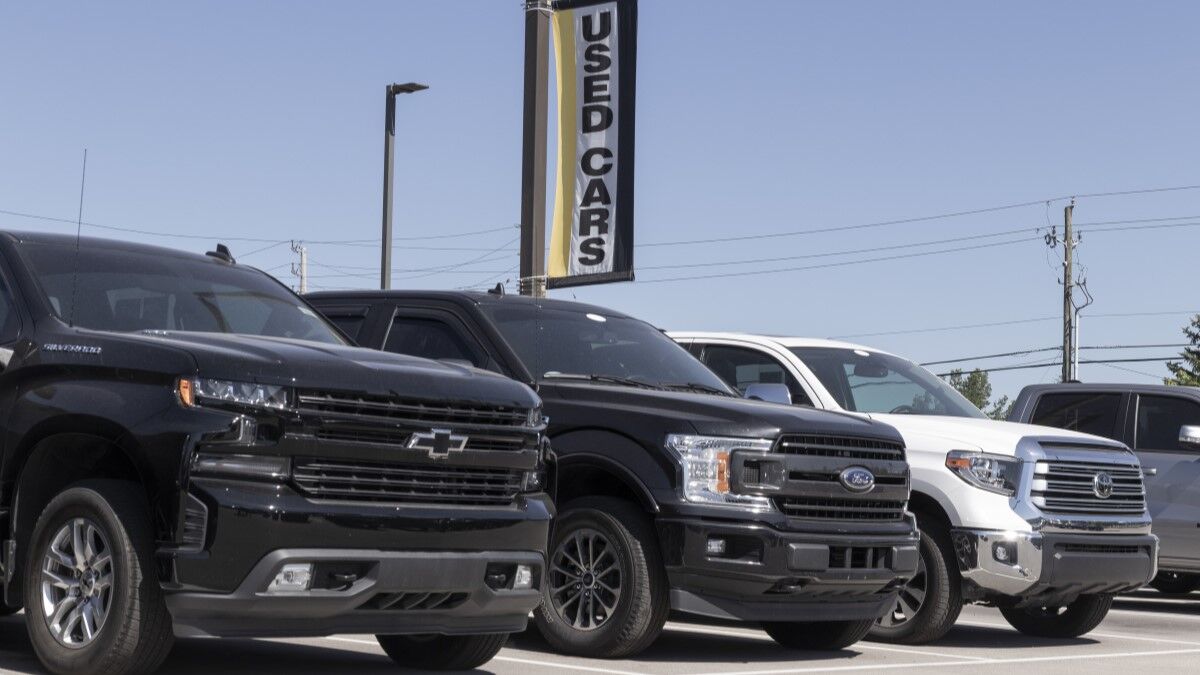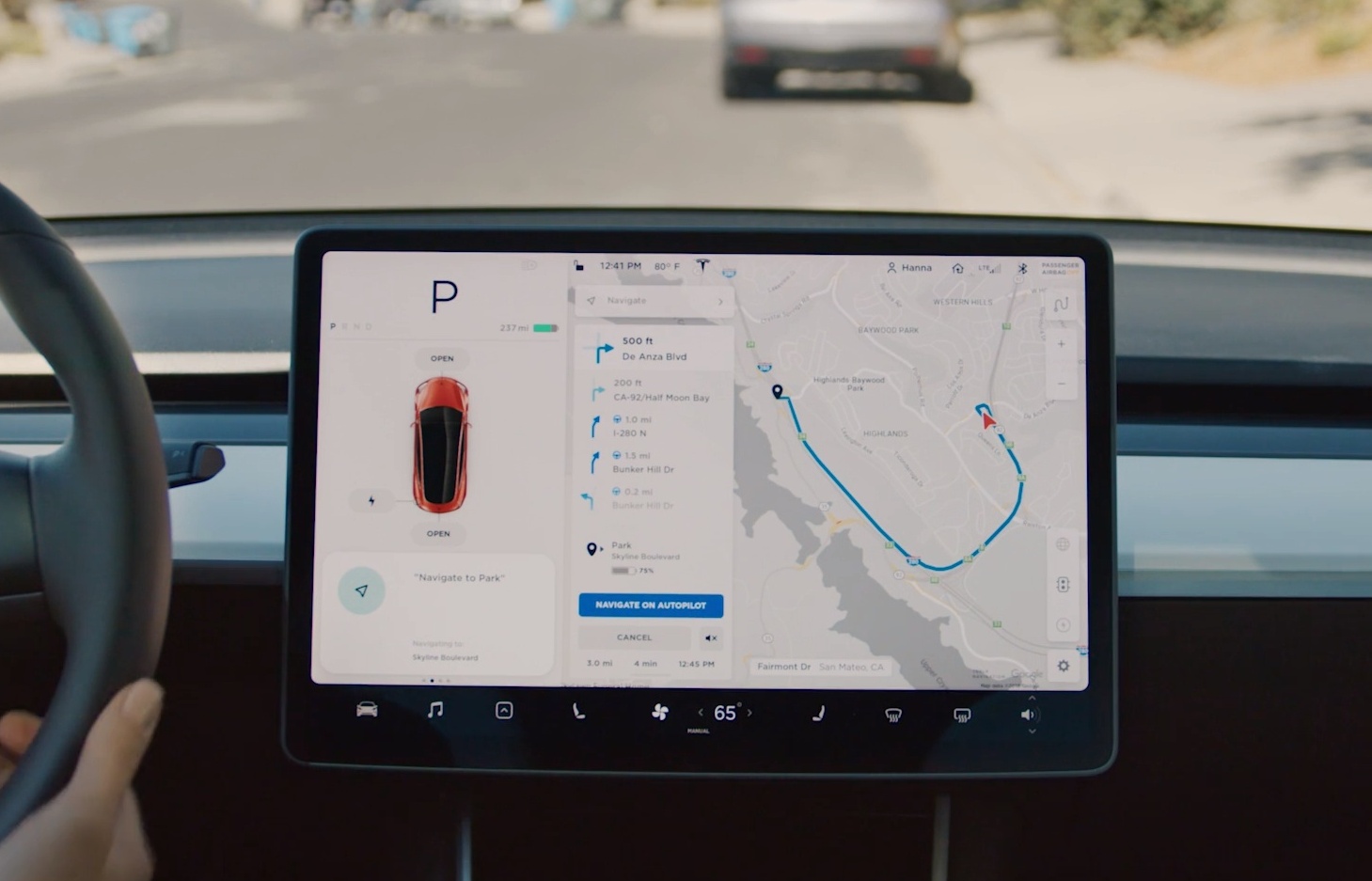
It sounds much like the highly-publicized Takata airbag inflator recall – the largest recall in automotive history. But this controversy involves parts made by a different company.
NHTSA has issued an “initial decision letter” that starts the process of forcing a recall. The letter triggers a public hearing (scheduled for October 5) and gives the company a chance to defend itself.
Exploding Inflators Can Be Deadly
An airbag inflator is a small metal capsule containing chemicals that combine to create a rapidly expanding gas. In an accident, the inflator is supposed to squirt that gas out of a nozzle, quickly inflating a folded airbag to cushion occupants from hitting collapsing car parts.
Inflators were behind the largest recall in automotive history, affecting more than 67 million cars built under 34 brand names and sold on five continents. The company that made those inflators – Takata – went out of business.
Takata inflators, safety officials found, sometimes exploded rather than squirting gas out of their nozzles. They have been blamed for more than 20 deaths in the U.S. alone.
Not Takata This Time
NHTSA believes at least seven inflators built by Tennessee-based ARC Automotive have exploded, resulting in one death and many severe injuries. The agency says as many as 52 million of these inflators may be in vehicles on American roads. About 41 million were built by ARC Automotive, while 11 million were produced under license by Delphi. The total figure is lower than the agency cited earlier this year, as researchers found some duplicates in their records.
The agency formally asked the company to recall the parts in June. But, ARC Automotive insists that NHTSA’s theory of what caused the incidents is flawed.
The problem alleged with ARC Automotive inflators differs from that found in Takata inflators. NHTSA says that, in some ARC inflators, debris from the welding process, known as weld slag, may block the nozzle. Gases that can’t vent out the nozzle may burst the capsule instead.
As evidence, the agency cites that ARC changed its production process to reduce slag risk in 2018. All of the known incidents happened in inflators built before 2018.
ARC has contended that the law requires automakers, not parts builders, to issue recalls. The company has also said that NHTSA’s weld slag theory is unproven.
Some Automakers Already Replacing Them
Industry publication Automotive News reports, “The inflators are installed in vehicles manufactured by 12 automakers, including Ford Motor Co., General Motors, Chrysler-parent Stellantis, Hyundai, Tesla, and Toyota.”
Some automakers have already acted in advance of the NHTSA’s decision. BMW, Ford, General Motors, and Volkswagen have all initiated recall campaigns to replace inflators built by ARC.







